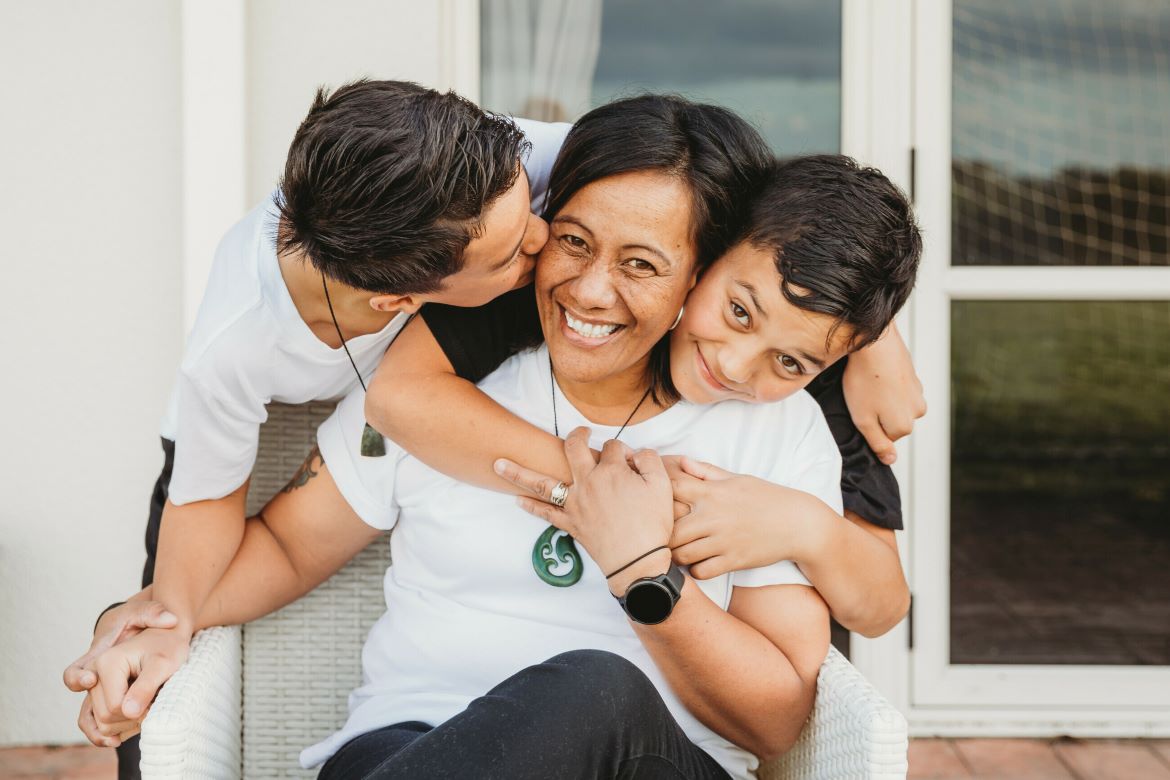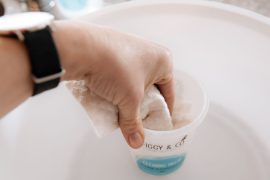Imagine being in need of a life-saving or life-extending drug that could set you back hundreds of thousands of dollars a year because it wasn’t government funded. The reality is that many Kiwis face challenges like this every year.
It’s not only people with rare diseases, many Kiwis with more common diseases such as lung cancer and diabetes can miss out on effective treatment options, because the drugs aren’t subsidised – and paying for them out-of-pocket is often simply unrealistic.
A series of tragic case studies have cropped up in the media in recent years, highlighting the difficulty many New Zealanders face when trying to access affordable treatment for life-threatening illnesses.
How drug funding decisions are made in New Zealand
PHARMAC, the government agency responsible for deciding which medicines are publicly subsidised after they have been approved by drugs regulator Medsafe, has a $1 billion annual budget and funds nearly 1,000 different medicines.
The agency undertakes a difficult balancing act to ensure the drugs it funds benefit the greatest number of people for the least amount of money. But it can’t fund everything.
In fact, a study commissioned by Medicines New Zealand published in November 2021, found that Kiwis have the least access to publicly funded modern medicines out of 20 OECD countries.
In an attempt to improve drug access for Kiwis, advocacy group Patient Voice Aotearoa, has been urging the Government to make changes to our drug funding model.
PHARMAC hasn’t funded modern arthritis or diabetes medicines in the last decade, while it also funded fewer modern cardiovascular disease and hepatitis C drugs than all other OECD20 countries.
In an attempt to improve drug access for Kiwis, advocacy group Patient Voice Aotearoa, has been urging the Government to make changes to our drug funding model. In May 2021, it delivered a petition to parliament signed by 100,000 people to double PHARMAC’s funding and to reform the organisation – a number which lead campaigner, Malcolm Mulholland, says represents one in every 15 New Zealanders.
While public outcry has likely played a part in the recent independent review of the PHARMAC system, funding decisions were not part of the inquiry.
Unfunded treatment options are often out of reach
In 2020, a petition was launched with 30,000 signatures calling on PHARMAC to fund a drug called Ustekinumab, for the treatment of bowel disease. The drug is funded in more than 35 countries, but not in New Zealand.
Inflammatory bowel disease affects about 15,000 New Zealanders and those who are significantly affected by the condition and can’t access treatment must undergo surgery. What’s more, they face living with a colostomy bag for the rest of their lives.











